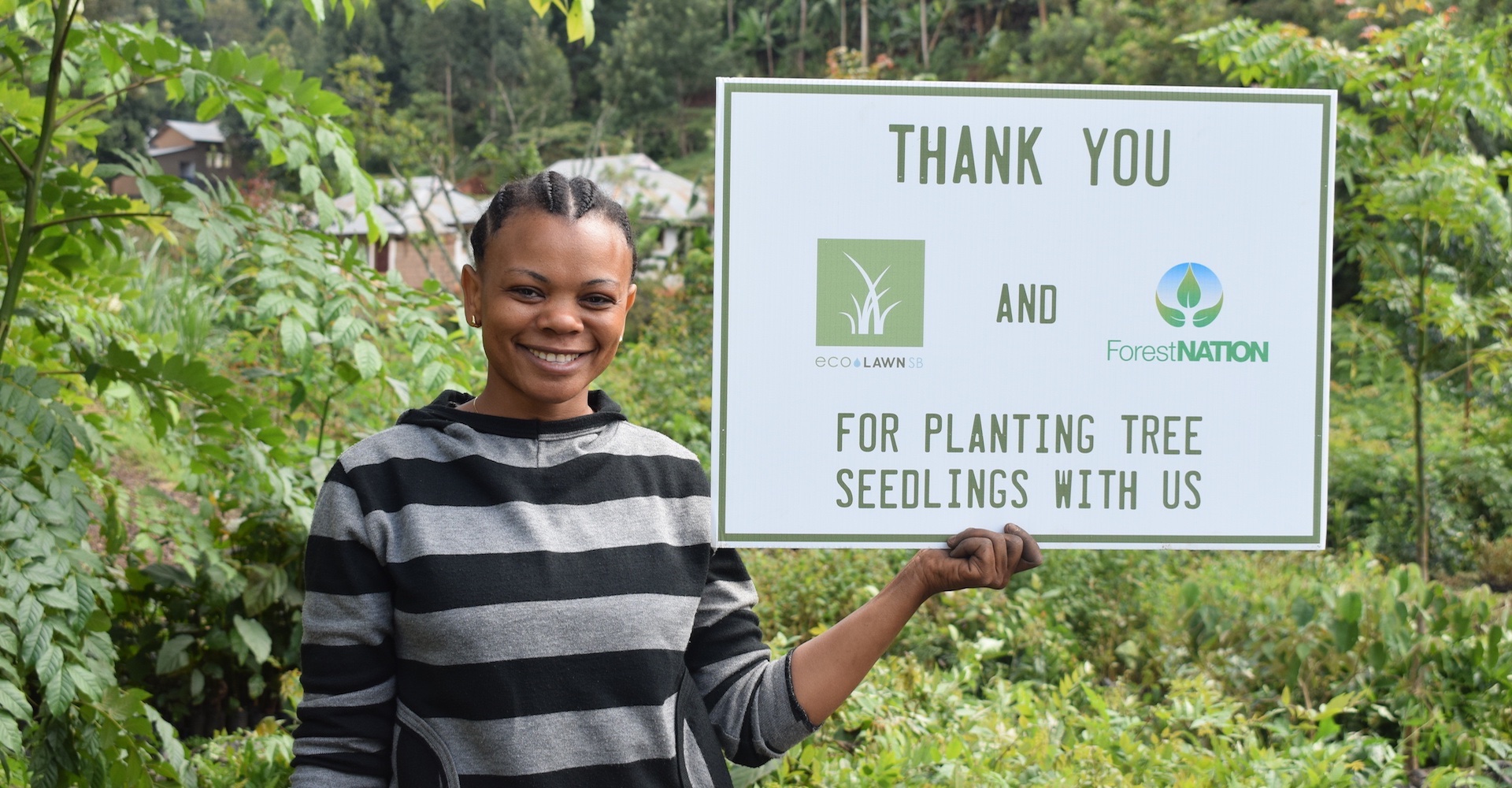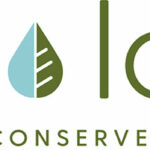Partner Spotlight: Forest Nation
We asked Jessica Girard, the Director of Partnerships for ForestNation, a few questions about how this incredible company came to be and how they are positively impacting the environment. EcoLawn is proud to partner with ForestNation, and offset our carbon footprint by planting 12,000 trees in 2019.
How did the idea of ForestNation come to reality?
With the creation of ForestNation, the founder Andrew Pothecary noticed the opportunity to implement simple changes that could remarkably transform people and the environment. Encouraging people to plant trees would not only benefit the planet, but would also give them a chance to connect with nature. Andrew soon found that planting trees helps individuals tap into their nurturing instincts and care for Mother Earth, the source of everything.
What types of trees do you plant?
Forest Nation: The types of trees we plant is region specific. We have nurseries all over the world. EcoLawns’ Forest is in the Usumbara Mountains of Lushoto, Tanzania. We plant trees that produce medicine, food, lumber for construction and native plants that grow quickly and plentifully in order to regenerate the local biodiversity. Some of the fruit trees include pears, plums, apples, and loquats.

Who plants the trees?
Forest Nation: The nursery employs over 200 local men and women. Surprisingly, the majority of the workforce are women. We also use the site as an eco-tourism venue to support the education of students from elementary all the way to University. The nursery is used as an outdoor science laboratory that quadruples in impact by alleviating hunger, poverty, deforestation and reconnecting people of all ages to nature.
What has been the environmental impact of ForestNation so far?
Forest Nation: We’ve had a noteworthy environmental impact. Throughout our 7 year journey, we’ve had the opportunity to support the expansion of nurseries in Ethiopia, Philippines, Indonesia, Haiti, Uganda, Malawi, Kenya, and Tanzania. In fact, we’ve just recently planted our millionth tree!
Beyond producing medicine, food, shelter, and jobs, trees sequester on average one ton of carbon per year. Additionally, they naturally propagate themselves, therefore with each year of maturity their impact compounds due to the saplings offsprings they produce. In 2015, around 34.8 billion metric tons of carbon dioxide was emitted globally. Deforestation rates continue to rise at alarming speeds. We’re currently losing forests half the size of Britain each year. Every acre of restored temperate forest can sequester 3 metric tons of carbon dioxide per year. Its monumentally important forests are not a forgotten solution rather a proactive resolution that benefits all involved.
Learn more about ForestNation on their website: https://forestnation.com/
